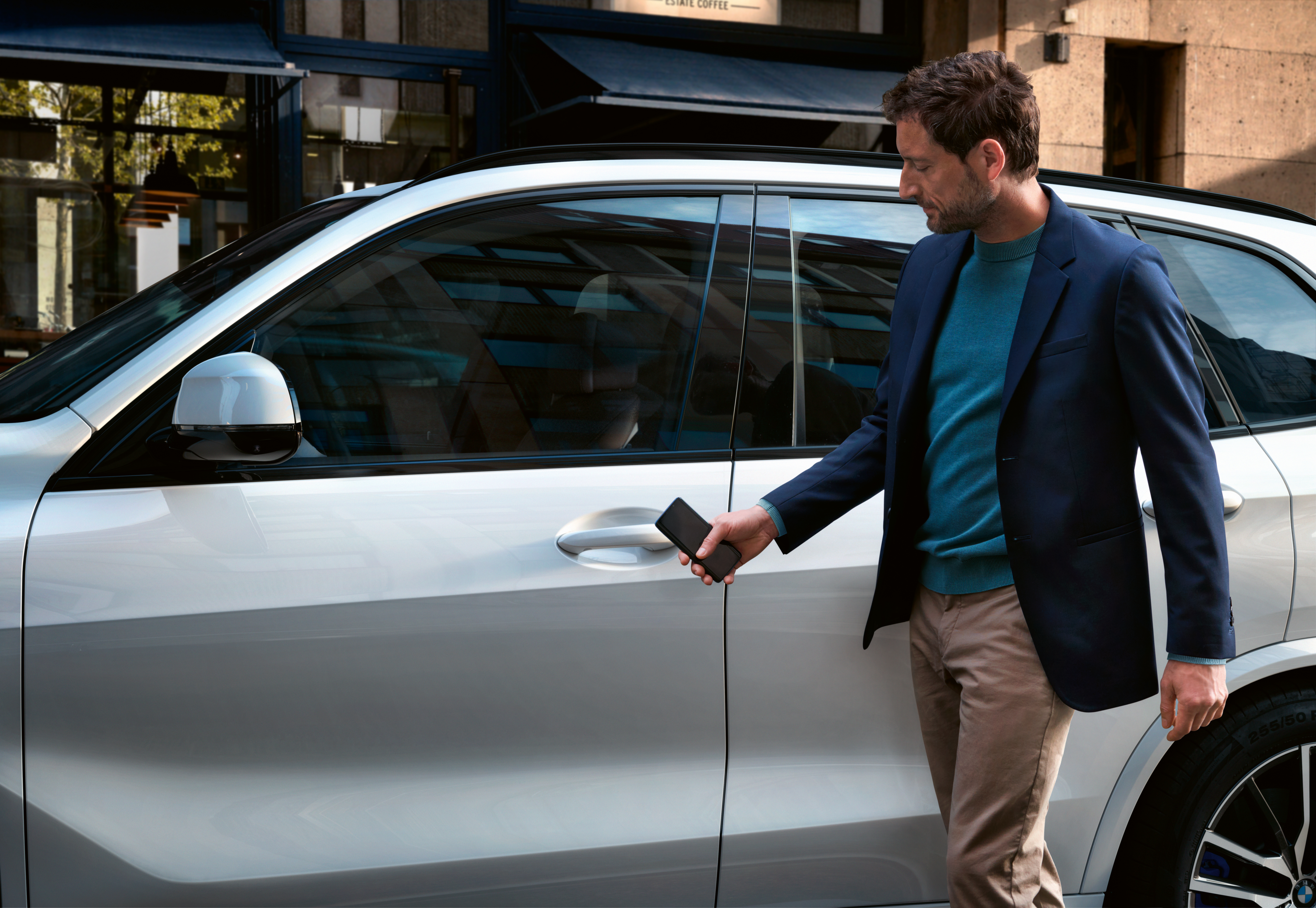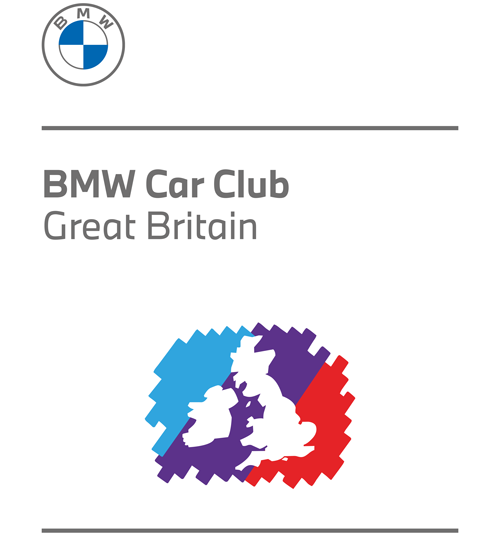New technologies and standards enable use of innovative functions across various devices / BMW Group leads the way in harmonising industry standards for digital vehicle access.

Munich. The BMW Group took a leading role in the seamless integration of smart devices and the customers’ digital ecosystem in the early stages. Providing customers with simple, connected and “keyless” access to their vehicles has been a key area of innovation. Today, it is already possible to lock and unlock the vehicle, start the engine and share the key with others using the BMW Digital Key as part of BMW Connected on the smartphone. But this is only the first step in a global technological transformation being shaped and led by the BMW Group. In 2017, the company joined the Car Connectivity Consortium (CCC), where it is a leader in establishing cross-industry, standardised technologies and security standards. As a result of this commitment, the latest generation of a standardised ecosystem for vehicle access that will enable new functions across multiple devices and different manufacturers was recently announced.
Global standards for greater interoperability
The Digital Key has the potential to enable a range of use cases that are not possible with a classic vehicle key, due to the technological advantages of smart devices. Uniform technology standards are needed to turn the vision of digital vehicle access into reality. Full functionality must be available on various customer devices from different vendors and regardless of the vehicle manufacturer. This is highlighted by Dr Olaf Mller, head of Development Digital Access Systems at the BMW Group: “Our customers want cross-vendor interoperability. Standardisation is the only way to achieve this; proprietary solutions are no longer beneficial.” The BMW Group has therefore been driving the creation of a global standard for digital vehicle access within the Car Connectivity Consortium (CCC). Most well-known smartphone producers and automotive manufacturers have already joined the consortium. Standard specifications across industries will also help include all kinds of smart devices, including phones, watches and other wearables.

Technological specifications for innovative functions
The second generation (release 2.0) of an NFC-based digital key ecosystem has been announced for late 2019. A key feature is the use of a security chip that works separately from the smartphone operating system. This means it also works if the smartphone cannot be started anymore, because the battery is too low. In the near future, Digital Key specification will be enhanced by the ultra-wideband (UWB)-based release 3.0. This will offer maximum anti-theft protection and enable precise localisation between the device and the vehicle. As a result, the mobile phone must no longer be held directly up to the door handle to unlock the car, but can conveniently be left in the pocket. The BMW Group recognised early that UWB technology would be beneficial over the long term and suitable for global market penetration. The close cooperation with partners and the fact that UWB is already finding its way into more and more customer devices will pave the way for new and innovative Digital Key features.
Articles and photos: BMW Global Press / Mathias Urban

